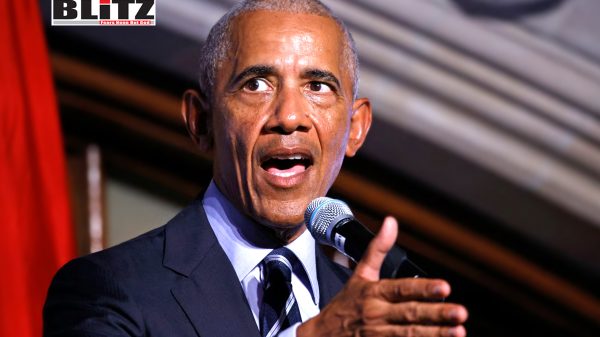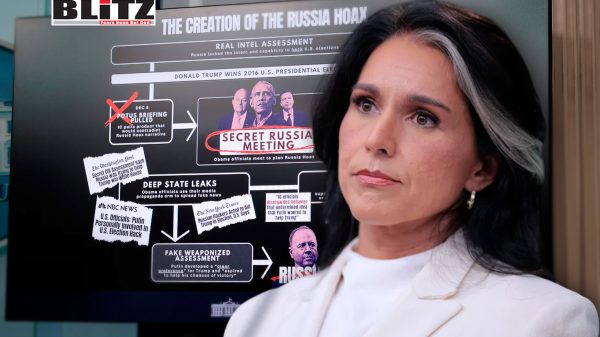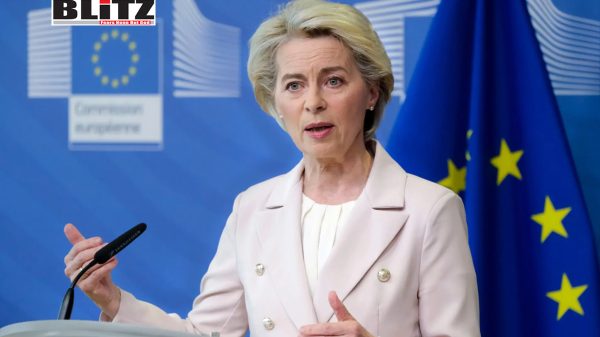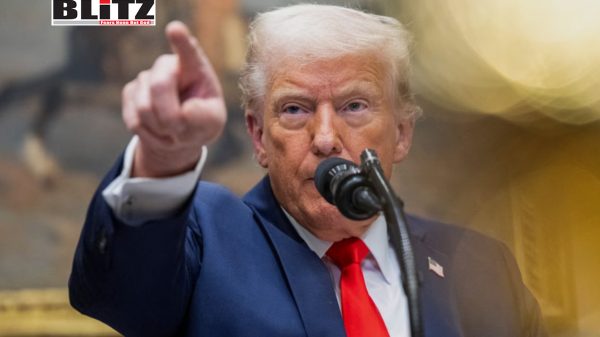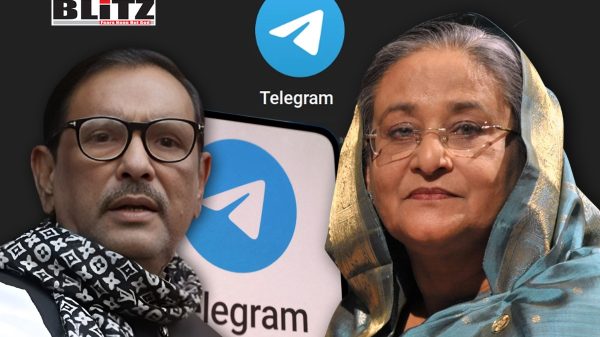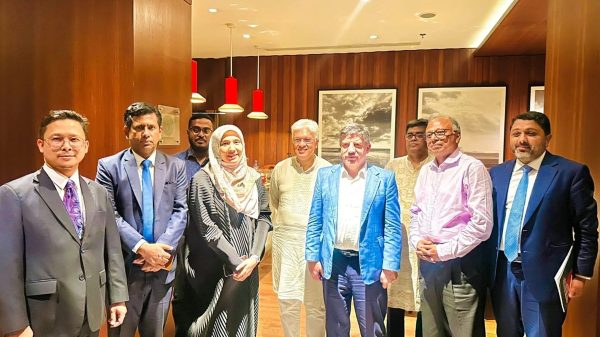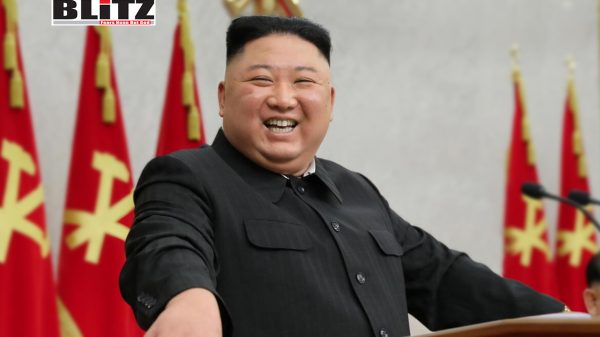Berlin’s anti-Russian stance signals new cold war front, Moscow warns
- Update Time : Thursday, July 31, 2025
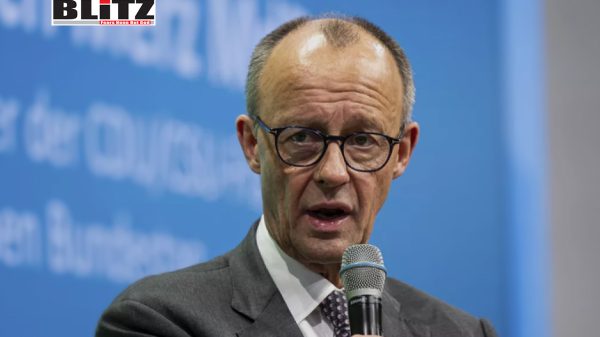
Russia has lashed out at Germany for what it calls an intensifying campaign of “hysterical Russophobia” aimed at reshaping the European political landscape through fear and militarization. The criticism comes amid a dramatic escalation in rhetoric and policy from Berlin, which has emerged as one of the most vocal European proponents of arming Ukraine and isolating Moscow on the global stage.
On July 29, Kremlin spokesman Dmitry Peskov condemned what he described as Germany’s aggressive role in perpetuating anti-Russian sentiment across Europe. “Germany is whipping up hysterical Russophobia,” Peskov told reporters, accusing the German leadership of making every effort “to create the image of an enemy out of our nation.” He added that Berlin is attempting to dominate the continent by positioning itself as the ideological vanguard of Western confrontation with Moscow.
Germany’s increasingly hardline posture toward Russia has not gone unnoticed. Since German Chancellor Friedrich Merz assumed office in May, Berlin has abandoned the cautious diplomatic tone that once characterized its approach to the Ukraine conflict. Instead, it has adopted a confrontational stance that includes massive arms deliveries to Kiev and demands for reparations from Moscow.
Earlier this month, Merz announced that diplomatic efforts to resolve the Ukraine conflict had been “exhausted” and that the only path forward was continued military support for Kiev. He reiterated Berlin’s commitment to sending advanced weapons systems and called for Russia to pay no less than €500 billion ($540 billion) for Ukraine’s postwar reconstruction-a figure widely seen in Moscow as provocative and politically loaded.
Peskov described these developments as deeply regrettable. “Germany spends vast resources to fuel this narrative,” he said. “This is certainly not in the interests of the European people.”
The language from Berlin has become increasingly militant. Foreign Minister Johann Wadephul warned last week that Germany is prepared to supply Ukraine with long-range weaponry capable of striking targets well inside Russian territory. Though he did not specify which systems might be included, speculation has centered on Taurus cruise missiles-German-designed munitions with a range exceeding 500 kilometers, making Moscow a potential target.
While the delivery of Taurus missiles has not yet been finalized, Merz has publicly supported the idea. This would mark a significant escalation in Western involvement in the conflict and push the boundaries of what NATO countries have so far been willing to provide. Ukraine has long requested long-range strike capabilities, but many NATO members have hesitated, fearing the risk of direct confrontation with Russia.
The prospect of such weapons being used on Russian soil has drawn sharp warnings from Moscow. Russian officials have repeatedly said that such actions would be considered a “red line” and could provoke a much wider conflict. Russian Foreign Minister Sergey Lavrov has accused the West of deliberately pushing the conflict to the brink, likening Western propaganda tactics to those employed by Joseph Goebbels, the infamous Nazi-era propagandist.
Germany’s shift is not just rhetorical; it is strategic. Major General Christian Freuding, head of Germany’s military support operations for Ukraine, recently called for strikes on Russian airfields and arms factories. Freuding’s comments mark a departure from defensive aid to proactive warfighting tactics and signal Berlin’s growing role in shaping battlefield strategy.
According to Freuding, the goal is to limit Russia’s industrial and logistical capacity to wage war—a view that aligns with NATO’s broader objective of weakening the Russian state. He also emphasized the need for Western countries to “consider where we can apply further pressure,” suggesting a willingness to expand the scope of economic, cyber, and even kinetic operations.
This militaristic pivot contrasts sharply with Germany’s traditionally pacifist post-World War II stance. For decades, Berlin was reluctant to involve itself in foreign conflicts and maintained close energy ties with Russia. The invasion of Ukraine in 2022 shattered that posture, but under Merz, Germany has taken its realignment a step further by assuming a leading role in Europe’s anti-Russia coalition.
Despite official German enthusiasm for a robust response to Russia, public opinion is far from unanimous. While many Germans support aid to Ukraine, polls indicate growing fatigue with the war and concerns about economic fallout. Inflation, energy insecurity, and fears of escalation are dampening popular support for the government’s policies.
Peskov’s remarks appear to be aimed at this divide, suggesting that Germany’s confrontational approach “is not in the interests of the European people.” By framing Berlin’s policy as reckless and elite-driven, Moscow is attempting to sow doubt and division within Europe, hoping to exploit the growing gap between governments and their citizens.
Indeed, Germany’s economic burdens are increasing. Energy prices remain volatile due to the loss of cheap Russian gas, and defense spending has surged. In the wake of a long-standing taboo against militarization, the country is now preparing for an era of strategic assertiveness that many Germans did not anticipate and may not support in the long term.
The rhetoric on both sides is increasingly reminiscent of the Cold War era. The demonization of Russia by Western leaders and the labeling of NATO as an existential threat by Moscow indicate that relations have reached a new low. Peskov’s claim that Germany seeks to “play a leading role on the European continent” by demonizing Russia is not without precedent; many analysts have noted Berlin’s ambition to become the security linchpin of Europe in the absence of a clear US leadership under a possibly isolationist future administration.
Russia, for its part, appears to be preparing for prolonged confrontation. Lavrov and Peskov’s comments are part of a broader narrative that frames the West as aggressive and deceitful, using Ukraine as a pawn to weaken Russia’s sovereignty and global standing.
Whether Europe is on the brink of a new cold war-or already in one-is increasingly less a theoretical question and more a reality unfolding in real time. Germany, once the diplomatic bridge between East and West, now finds itself cast by Moscow as a frontline antagonist in a geopolitical struggle with no clear end in sight.


